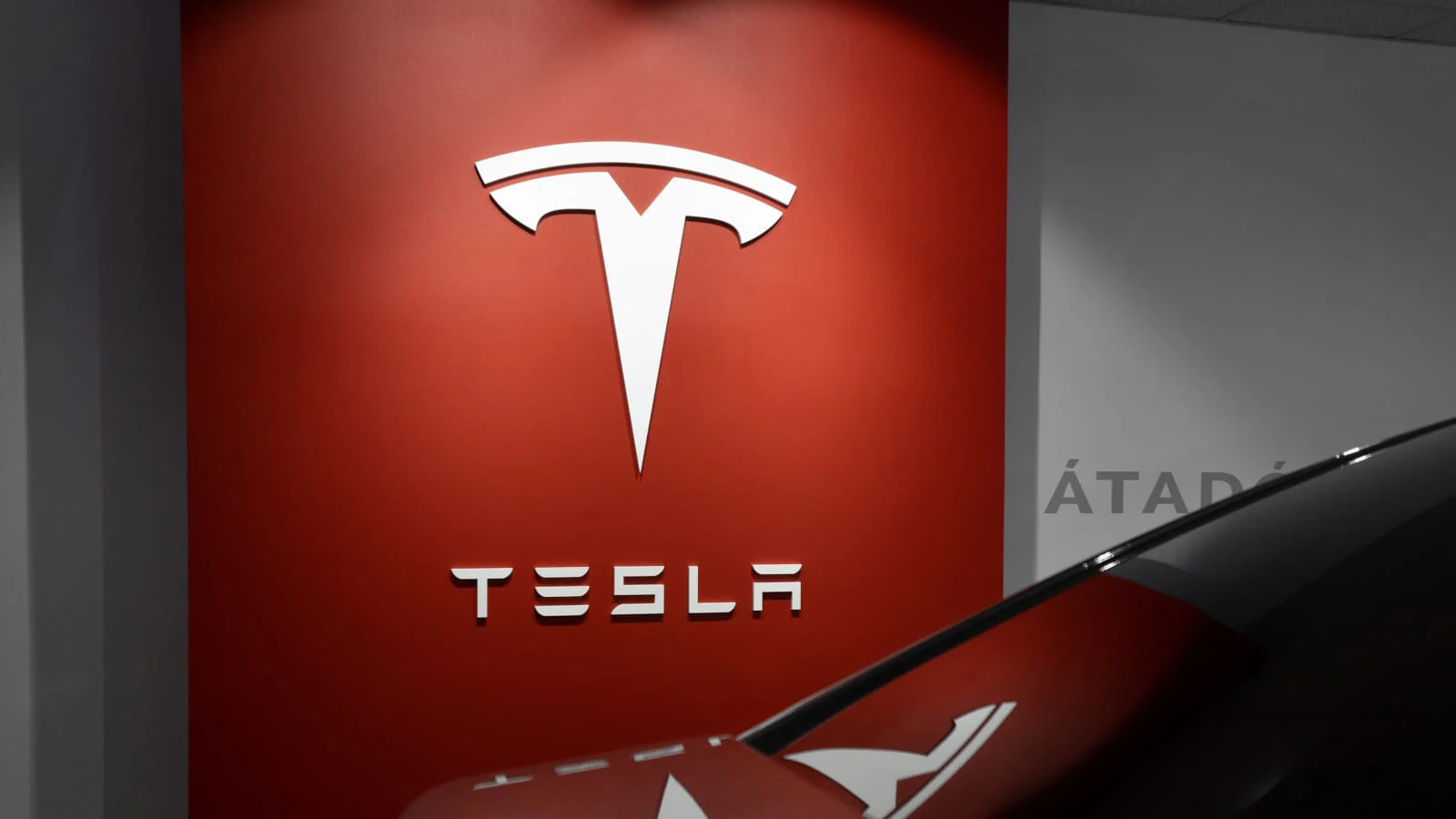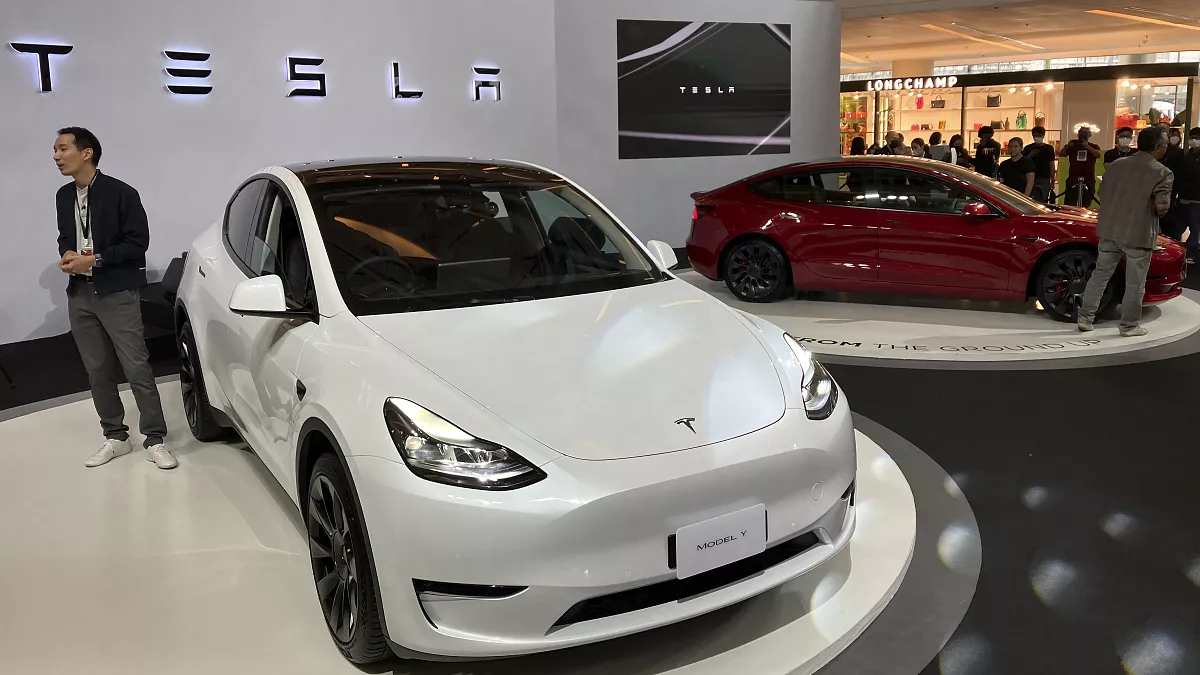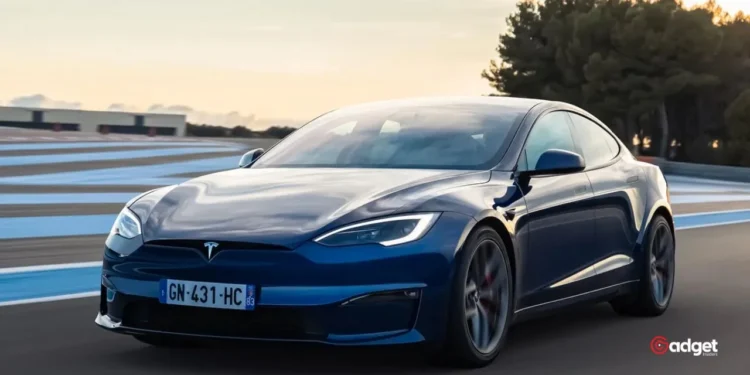In a bold move that has sparked controversy and intensified debates over executive compensation, some Tesla shareholders are raising serious concerns about CEO Elon Musk’s recent decisions, particularly his handling of crucial Nvidia chip shipments. This incident has further fueled the ongoing discussions about whether Elon Musk’s ambitious multibillion-dollar pay package is justified.
The Core of the Controversy: Diverting Nvidia Chips
Recent reports reveal that Elon Musk decided to reroute a shipment of Nvidia chips—valued at $500 million—away from Tesla. These chips, essential for powering advanced artificial intelligence technologies, were instead directed toward Elon Musk’s social media venture, X.
This decision came to light just weeks before Tesla shareholders are scheduled to vote on whether to reinstate Elon Musk’s substantial stock-options package.

The diversion of these chips is particularly contentious as it appears to contradict Elon Musk’s assertion during an April earnings call that Tesla is intensifying its focus on AI, with plans to significantly increase its stock of Nvidia chips by the end of 2024.
Institutional Shareholders Voice Their Concerns
A group of eight institutional shareholders, including pension funds and asset management firms, have been vocal in their opposition to Elon Musk’s handling of company resources.
In May, this group penned a letter urging fellow investors to vote against Musk’s hefty compensation deal, which a Delaware court previously struck down due to an “unfair price” and a “deeply flawed” negotiation process.
Tejal Patel of SOC Investment Group expressed a common sentiment among dissenting shareholders, criticizing Musk for prioritizing his varied business interests over Tesla’s needs. “The diversion of Nvidia’s processors to X and xAI is just another example of Tesla’s CEO reallocating Tesla’s resources in favor of his other businesses,” Patel stated in an email.
The Broader Implications for Tesla
This controversy arrives at a time when Tesla is gearing up to potentially revolutionize the automotive industry with its Full Self-Driving (FSD) feature, promising to deliver autonomous taxis. However, the reallocation of resources has raised alarms about Elon Musk’s commitment to Tesla’s core objectives and his ability to manage conflicts of interest effectively.
Notwithstanding the eight investors, the California Public Representatives’ Retirement Framework, or CalPERS, which possesses around 9.5 million portions of Tesla stock, flagged it would cast a ballot against Musk’s compensation bundle.

New York City Comptroller Brad Lander highlighted these concerns, suggesting that Elon Musk’s decision should serve as a “red flag to investors” about his commitment to the company. Furthermore, Matthew Illian from United Church Funds criticized the move as “further evidence” that Musk’s compensation package has not succeeded in maintaining his focus on Tesla’s strategic goals.
The Upcoming Shareholder Vote for Elon Musk
As the June 13 vote looms, the stakes are high. The decision could have significant implications for Tesla’s future, particularly in how it balances ambitious technological advancements with sound corporate governance.
Shareholders are now faced with the critical task of deciding if Elon Musk’s vision for Tesla aligns with their interests, amidst growing concerns over his broader business strategies and operational decisions.

This unfolding situation at Tesla serves as a potent reminder of the complexities inherent in managing a pioneering technology firm while striving to maintain robust corporate governance standards. The outcome of the upcoming shareholder vote will undoubtedly be a defining moment in Tesla’s history, potentially setting the course for its future direction and leadership structure.










